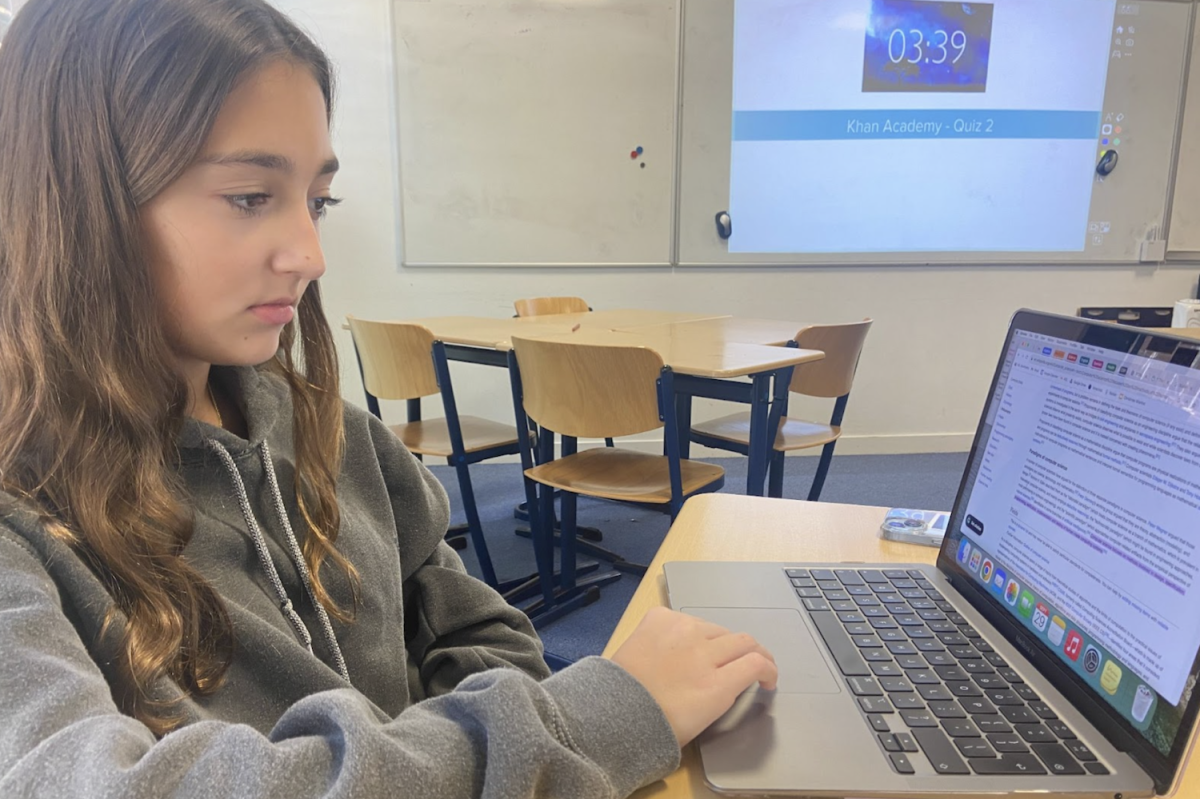The Online Safety Bill, which regulates harassment, illicit content and encryption standards, entered the final stages of approval in the U.K. Sept. 19, according to GOV.UK. The bill was developed over five years as politicians struggled to balance the right to privacy and free speech to protect consumers, specifically children. The bill aims to do this by holding companies accountable for the content published on their platforms, subjecting them to fines if terms of the bill are violated.
Computer Science Teacher and Department Head Livia Piloto said it is essential for the government to understand the complex technology behind debated features such as end-to-end encryption.
“Sometimes it doesn’t feel like they have a tech expert,” Piloto said. “I don’t know if they understand the extent of what can be done to fulfill the bill.”
Moreover, Piloto said the main conflict between tech companies and the government revolves around the concern that the bill infringes on privacy laws and freedom of speech.
“A lot of tech companies have been against the bill, given that they want to ensure privacy for their users, while the government is trying to push the bill to make sure that children are protected,” Piloto said.
Network Manager Steven Coombs
“Hopefully, the content that reaches the school will have been better regulated by the new law.”
— Network Manager Steven Coombs
Network Manager Steven Coombs said the pressure the bill places on tech companies will have repercussions on the way the internet is used in school.
“What the school will have to do to comply with the bill relies on the external regulators we use,” Coombs said. “Hopefully, the content that reaches the school will have been better regulated by the new law.”
Due to the bill’s focus on protecting children, certain web pages will be restricted for users under the age of 18 both inside and outside of school, even if the information is for educational purposes, according to GOV.UK. In addition to banning social media platforms, Wikimedia announced June 29 that Wikipedia would not be able to function in compliance with the bill. Wikimedia announced the bill’s focus on content moderation conflicts with the company’s commitment to free speech.
Leah Nilson (’26) said, while she recognizes the positive impacts of keeping minors safe online, she finds the bill “preposterous” due to its “extreme” privacy and protection acts.
“Restricting access is restricting student’s ability to learn,” Nilson said. “It shelters people and that’s so harmful. It’s so important for young people to pave their own way online.”
On the other hand, Piloto said the bill will protect minors online.
“This is all about keeping children safe online,” Piloto said. “It’s about making sure that students and kids don’t see inappropriate things online or have access to inappropriate content.”
However, Piloto said she believes certain aspects of the bill “overstep” boundaries that are set by websites. She said other ways should be found to “figure out how the government can monitor their constituents in a way that doesn’t invade their privacy.”
Coombs said the bill is similar to many other changes within the technology industry, as Google has updated its educational G-Suite, which the school uses to filter by age group.
“Safe Search has done a pretty good job right now in ensuring the content that comes across is good and appropriate,” Coombs said. “I think it falls down on odd occasions. And it’s those odd occasions that the bill will hopefully clean up the last little areas.”
Ultimately, Coombs said the government may find limitations with the bill once it is passed.
“It’s too early to say whether it’s going to tick all the boxes, maybe it’s going to be more work than they expected,” Coombs said. “It depends on the guidance that [UK Office of Communications] creates and how well companies can work with that.”






